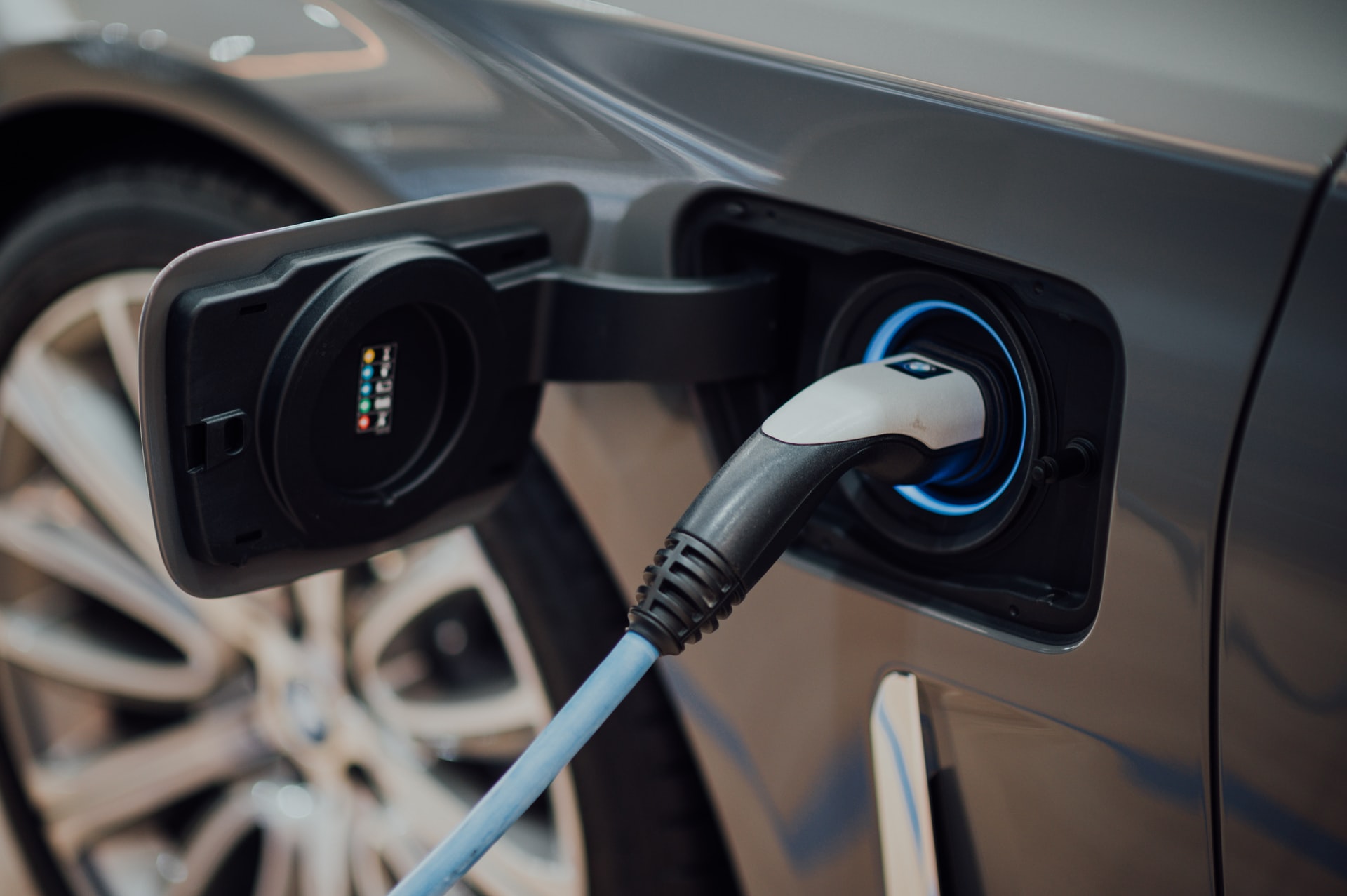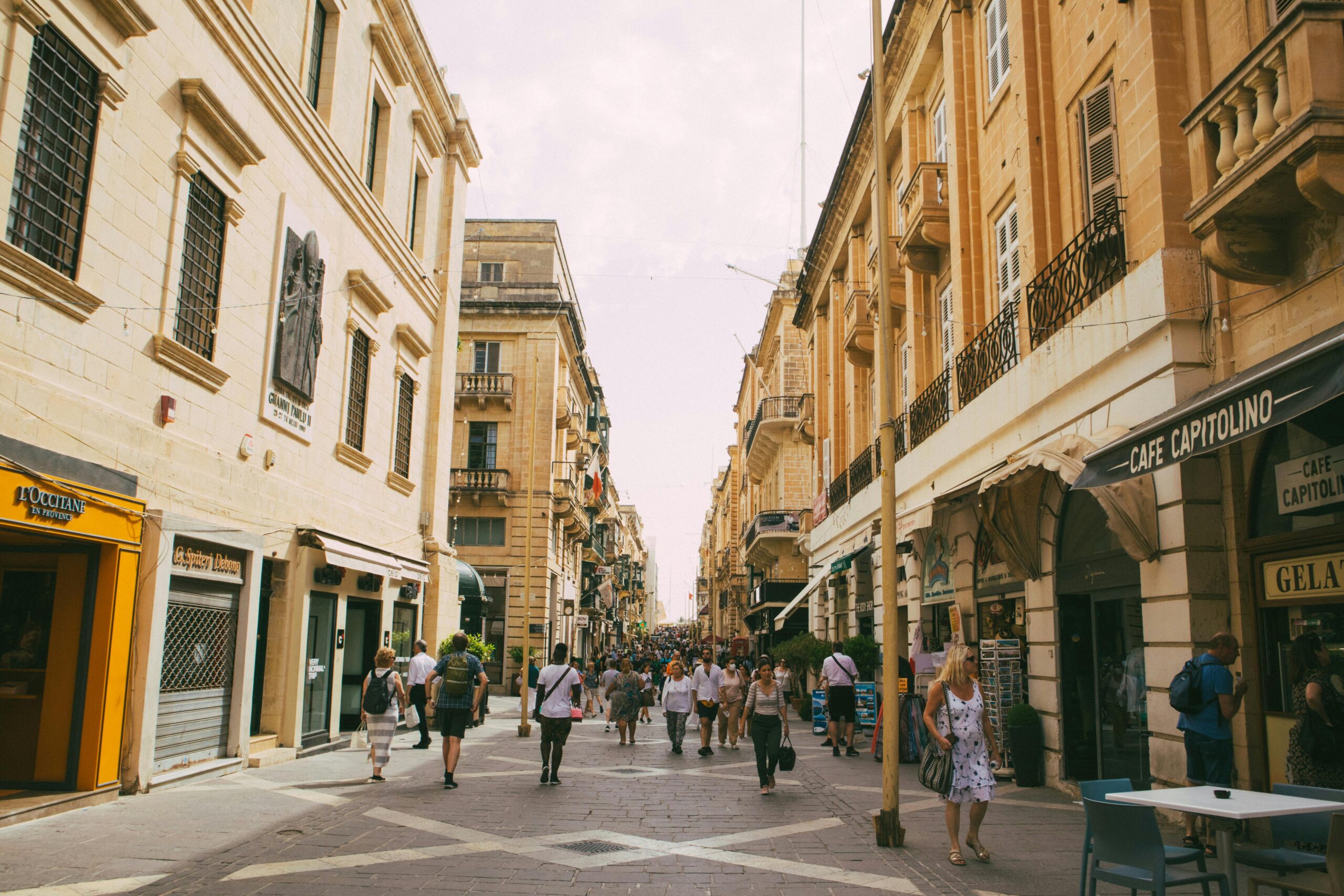The Government has launched new schemes to incentivise greater take-up of electric vehicles (EVs) by ensuring low charging costs and overhauling the system of private operators of public charging pillars.
In a press conference on Wednesday morning held to launch the initiatives, Minister for Energy, Enterprise and Sustainable Development Miriam Dalli said Malta needs to tackle the challenge to cut emissions through proactive strategy.
With charging infrastructure identified as the greatest stumbling block to EV adoption by both owners and importers, as confirmed by BusinessNow.mt, the two schemes seek to encourage home charging while providing a framework for private investment in public charging pillars.
The first initiative introduces new operator tariffs for the distribution system.
Through the proposed scheme, private households benefit from a fixed tariff of €0.1298 during off-peak hours, regardless of consumption. These off-peak hours are between midnight and 6am and between noon and 4pm between Monday and Saturday, while all of Sunday is considered off-peak. These account for a total of 84 hours, half the total hours of the week.
Charging at all other times is included with the household’s regular energy consumption, and charged as per the residential bands.
Installation of the dedicated meter costs €50 for a single-phase meter or €80 for a three-phase one, with a monthly service charge of €4 and €6 respectively.

Operators of public charging pillars will also benefit from the same off-peak rate during the same hours. However, the peak rate is set at a fixed €0.1485.
Meter installation costs are the same as those for households, although the monthly service charge is €6 and €8 for single- and three-phase meters respectively.
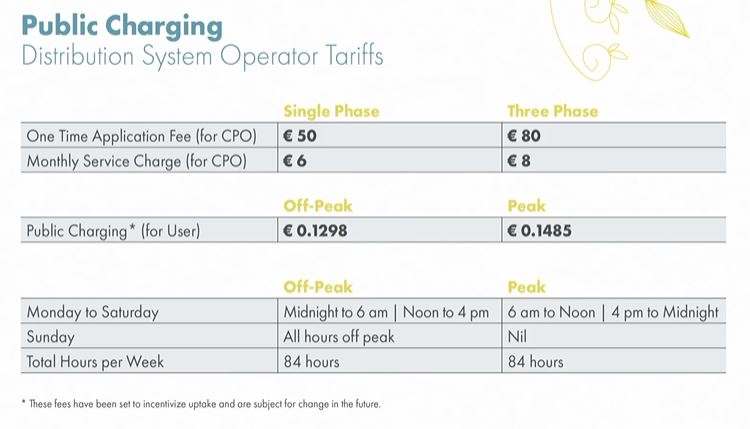
Ing. Marjohn Abela, CEO of the Regulator for Energy and Water Services (REWS), said the changes were being introduced after a pilot project with 200 EV owners, which found that participants’ household energy costs were in line with the national average despite their additional consumption requirements.
“Owners charging during these times have their minds at rest that the price remains €0.1298 per unit when charging at off-peak hours. This means they do not consume electricity at the higher residential bands, saving them money,” he said.
Enemalta’s chief executive, Ing. Jason Vella, said the changes “allows us a public energy services provider to ensure that demand for electricity is better distributed throughout the day. Meanwhile, Enemalta is preparing for higher demand through our ongoing capital investment.”
The second policy initiative concerns the system regulating private operators of public charging infrastructure, which will see an overhaul aimed at allowing users to charge where they want, when they want, at whichever charging pillar they want.
The system will also allow for cross-border charging, with foreign EVs able to charge their vehicles at any charging pillar in Malta.
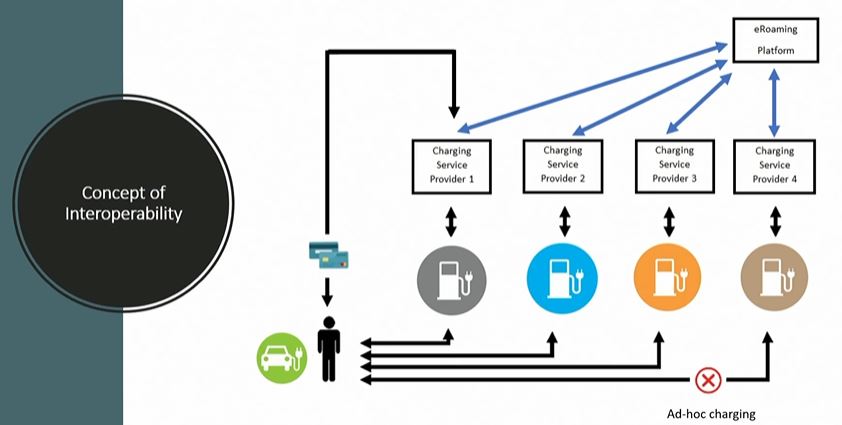
This will be achieved through a liberalised market for private investment, with operators competing on the unit costs of their electricity.
Charging service providers will no longer need bilateral agreements with other operators to ensure their members can use the charging infrastructure of their competitors. The system will instead be centralised, with each operator part of a platform which allows their members automatic access to charging infrastructure other than their own.
Operators can profit from charging a premium fee per unit over the fixed rate they pay to Enemalta.
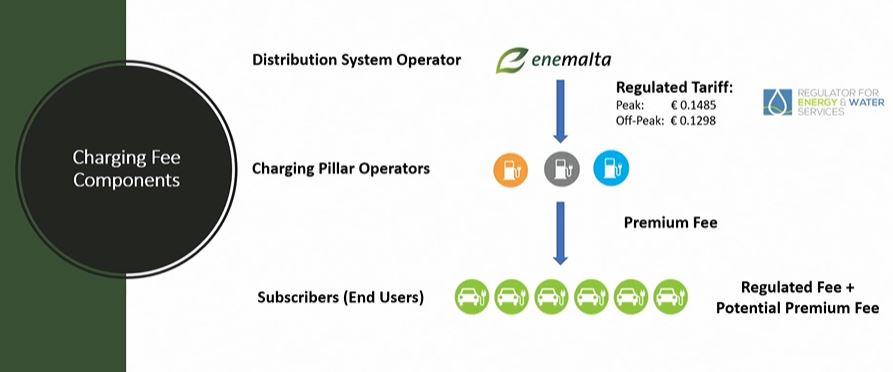
The policy anticipates different premium fees for different kinds of chargers, with, for example, a higher premium for fast chargers as compared to that for standard ones.
Those wishing to operate public charging infrastructure must be authorised to do so, through a 10 year licence.
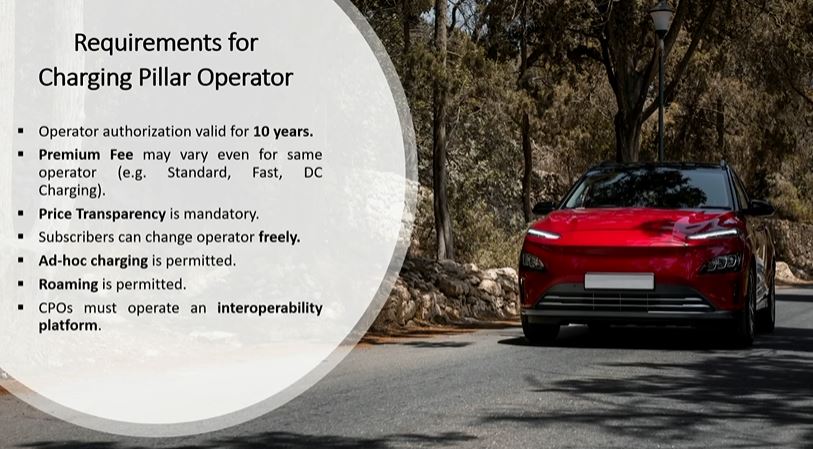
Abigail Cutajar, advisor to the Minister for Energy, said that the electrification of vehicles is one of the most important elements of Malta’s Low Carbon Strategy.
“This scheme will help us achieve our targets by emphasising the shift towards a competitive market while facilitating and harmonising payment systems with minimum requirements,” she said.
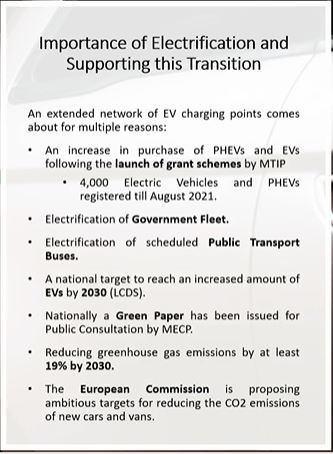
Malta International Airport closes in on one million passengers in June
Meanwhile, aircraft traffic movement rose by 4.5 per cent year on year
Malta’s population hits 574,250 in 2024, up by 1.9%
Total net migration was at 10,614 persons, the vast majority being non-EU citizens
Service excellence as a cornerstone of Avenue 77 workspace experience
Providing excellent service is a foundational aspect of what makes working at Avenue 77 a great experience


